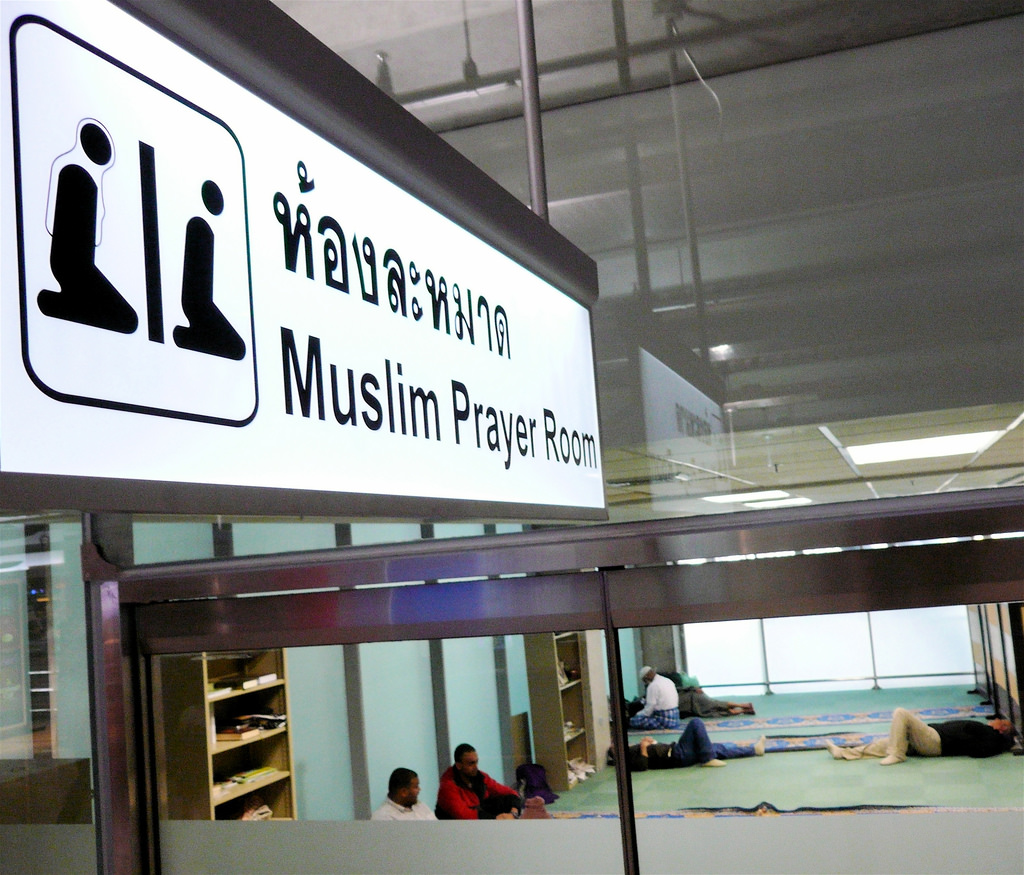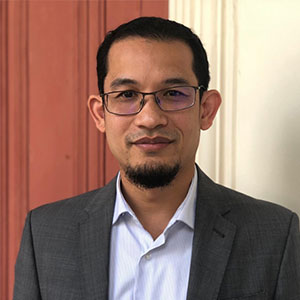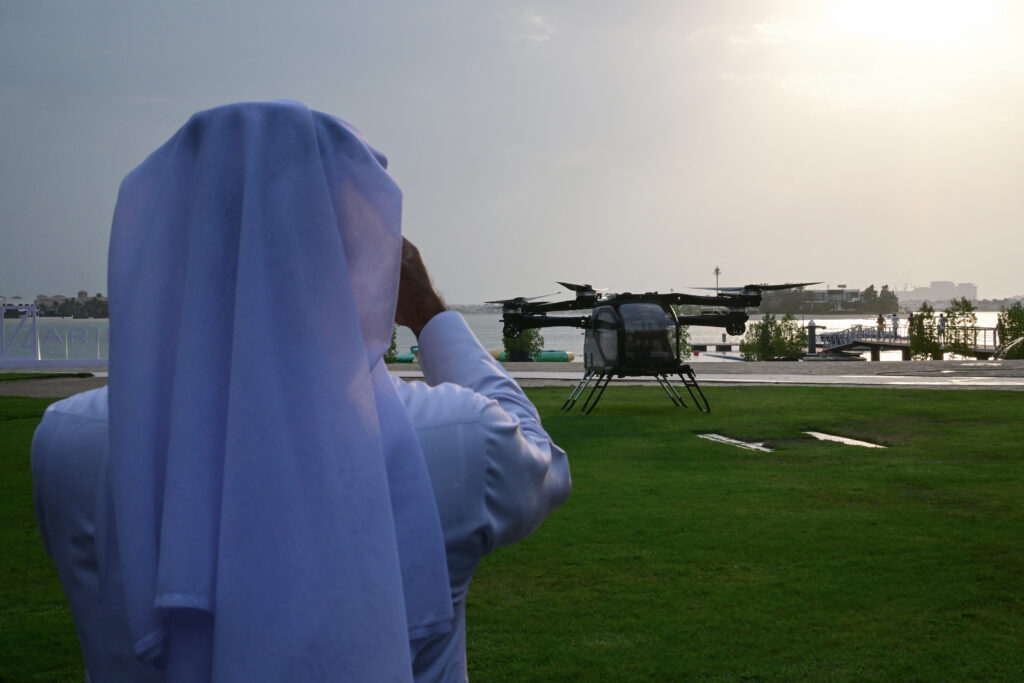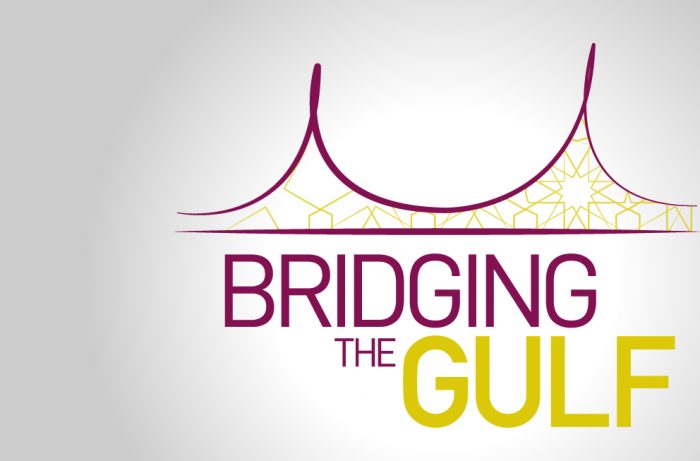
- 19 Feb 2019
Between Puritanism and Pragmatism: The Salafi-Reformist Movements in Thailand
Abstract
The two most coherent Salafi-Islamist movements in Thailand are arguably Assalam in the Deep South and the Muslim Group for Peace (MGP) in Bangkok. They are both network-based movements revolved around, and led by charismatic Salafi scholars, Ismail Lutfi Chapakiya and Sheikh Rida Ahmad Samadi, respectively. The Salafis in Thailand has been highly influenced by Islamic ideologies and movements – both from the Salafi and Ikhwani orientations – in Saudi Arabia, Egypt, Pakistan, India, and Indonesia. In pursuit of propagating their Salafi and Islamic reformist agendas in Thailand, both movements have to face the dual context of a Buddhist majority centralized state and the Malay Muslim minority. Ideologically originated from Salafi orientations but aiming at revitalizing Islamic identities and reforming society, they have suffered ideological and methodological dilemmas between Salafism and reformism. Since both movements have adopted pragmatic and modernist approaches in facing political realities, they were perceived illegitimate by the puritanist Salafis and encountered intra-Salafi conflicts and controversies.
However, such a pragmatic approach helped them gain wider public recognition, despite certain degrees of suspicions by the state and Malay Muslim traditionalist elites. Their activisms expanded from organizing religious educational programs to providing religious-social services. Their organizational strategies relied on the creation of network-based movements encompassing educational, media, social, economic, health-care, and political organizations. Equipped by internal strength of modernist elements and external political opportunities and constraints, the formalization of organizations became a transition point that made the movements shift from the narrow rigid Salafi positions to the broader socially engaged reformist perspectives.
About the Speakers

Lecturer
International Relations at the Faculty of Political Science,
Prince of Songkla University,
Pattani, Thailand
Dr. Hafiz Salae is currently a lecturer of International Relations at the Faculty of Political Science, Prince of Songkla University, Pattani, Thailand where he also serves as an Associate Dean for Research and International Affairs. He earned PhD from the School of Politics and International Studies, University of Leeds in 2018. His PhD research titled “The Political Accommodation of Salafi-Reformist Movements in Thailand”. He was also a researcher working with the Center for Conflict Studies and Cultural Diversities (CSCD), Prince of Songkla University and the Muslim Studies Center, Institute of Asian Studies, Chulalongkorn University. His research interests include transnational issues and trans-border relations, International Relations in a local context, human security, Islam and globalization, Islamism and Salafism. In addition to his academic career, he used to work for the Thai PBS Channel as a TV presenter and interviewer of a TV program aiming to promote multiculturalism in southern Thailand.
Event Details
Block B, 29 Heng Mui Keng Terrace
Singapore 119620



